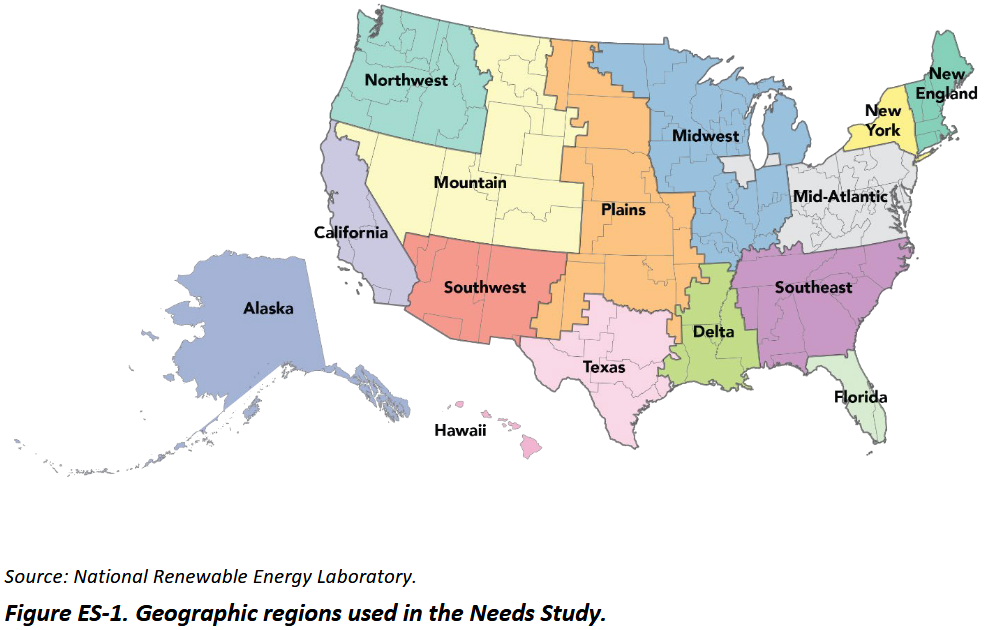US Treasury proposes rules for 45V clean hydrogen
By Julian Atchison on January 08, 2024
Three pillars, emissions calculation guidelines announced

For producers to qualify for 45V tax credits, the US Treasury has proposed a set of new rules for renewable hydrogen that closely align with EU standards. Already adopted by the EU, the three pillars approach to emissions accounting for hydrogen production is recommended by groups including the Green Hydrogen Catapult, and will allow US producers to meet requirements for export to the most stringent markets. Alongside meeting certain carbon intensity thresholds, the three pillars approach requires hydrogen production to be based on:
- New supply or additionality: electricity generation for hydrogen production needs to be new build, or operational no less than 36 months before hydrogen production commences.
- Deliverability: electrolyzers need to be in the same “geographic region” as the power claimed. These regions are set out in the DoE’s National Transmission Needs Study.
- Temporal matching: renewable electricity supply and hydrogen production must be matched hourly from 2028 (matched annually until then).
The DoE proposes to assess the eligibility of produced hydrogen via the use of Energy Attribute Certificates (EACs): legal instruments that producers can purchase and retire to prove the electricity used for hydrogen production meets the necessary criteria. EACs will include information on the above three pillars, plus emissions intensity data.
Developed by the Argonne National Laboratory, the GREET model for lifecycle emissions analysis will be used to assess hydrogen production for 45V. A publicly-available tool, hydrogen producers will be able to input data into the GREET to calculate the well-to-gate carbon intensity of produced hydrogen (in kg of CO2e/kg of H2). A user manual for the GREET tool is available and further, detailed advice from the DoE for producers is expected in the coming months.
Formal comments can be made until the 26th of February, with a public hearing in Washington D.C. scheduled for late March.